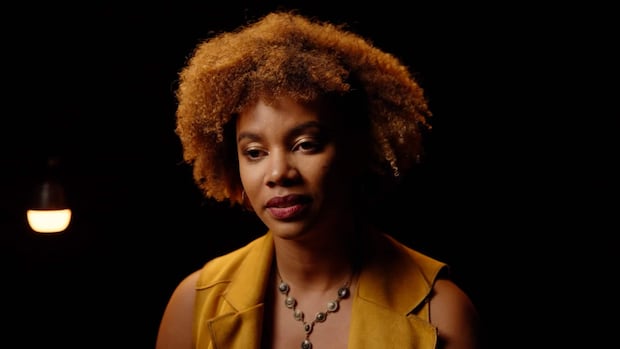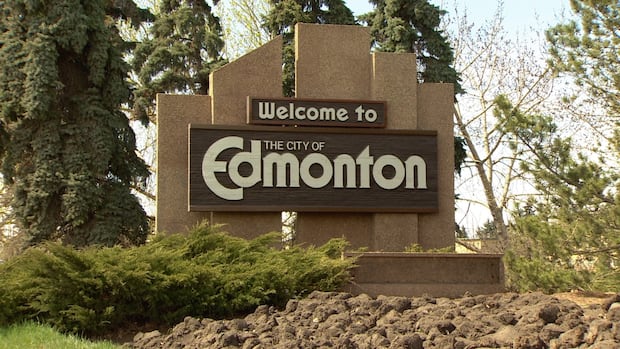The City of Edmonton wants to hear from migrants on what some of their biggest challenges are when it comes to living in Alberta’s capital.
The city wants to use the input it gathers from an online survey it launched this week to help inform an action plan aimed at building on its migrant inclusion policy which looks at challenges facing newcomers, including those with undocumented status, who may struggle to access city services.
This broadly includes people who were born outside of Canada — or whose parents were — and now live in Edmonton. According to the city, about one in three people in Alberta’s capital were born outside of the country.
“[We have had] quite a few years of engagement with migrant communities and understanding what role the city can play in fostering inclusion and belonging as a city,” Chelsea Hawrelak, the city’s director of safe and healthy communities, told CBC.
She said the city recognizes the “value of migrants in our community, the vibrancy, the social inclusion, the connection [and] the opportunities of economic development that migrants bring to our city.”
Hawrelak noted that while immigration and settlement fall under federal jurisdiction, cities are where migrants settle, live, work and build community, so municipalities are often the first point of contact for newcomers to Canada.
Migrante Alberta, a grassroots volunteer group, has been working with migrant communities and the city to fight for the rights of newcomers since 2013.
Cynthia Palmaria, one of the organization’s founding members, told CBC the survey is a positive step forward to better understand the needs of a diverse group of people.
“Whether they are recently arrived as temporary workers, as international students, or no matter what their status is, we thought that this is an important move, for the city to take into account the perspective of new and not so new migrants,” she said.
WATCH | Filmmaker says Canada needs to ‘do better’ for immigrants: 
Canada needs to ‘do better’ for immigrants, says director Nadia Louis-Desmarchais | Black Life: Untold Stories
The filmmaker explains why she shared the intimate stories of migrants in Black Life: Untold Stories. Watch the full docuseries on CBC Gem.
Palmaria also spoke specifically about the challenges facing those with precarious immigration statuses.
“For example, undocumented … [migrants] are not able to access the subsidized bus pass because they’re being asked their income tax assessment,” she said.
“Migrants who are not citizens or permanent residents, they cannot vote, so they can’t have a say on the city’s programs and policies, but they’ve been residents and contributors.”
Access to education, housing, health care and work accreditation have been key issues that Migrante Alberta has been fighting for.
While Edmonton allows undocumented migrants to connect with services through its “access to municipal services without fear” policy, the city does not offer protection or sanctuary from deportation or other matters relating to federal immigration laws.
Hawrelak said the city realizes some migrants may be hesitant to fill out the survey, but added it is important to gather more granule data when it comes to migrants.
“We also really want to be mindful of keeping folks comfortable with what we are asking, knowing that some folks don’t always feel comfortable with sharing that sort of information,” she said. “So we’re trying to find that balance right now.”
Palmaria said the way to gather data is to build trust.
“We ourselves are organizers that are able to conduct the discussion, to hear the voices, the perspectives of the migrants like this,” she said.
“Facilitating these discussions in different languages is one way of getting people comfortable. But if you don’t have their trust, you won’t be able to get the genuine concerns of the workers [and] the migrants.”
People have until Sept. 15 to fill out the survey.
